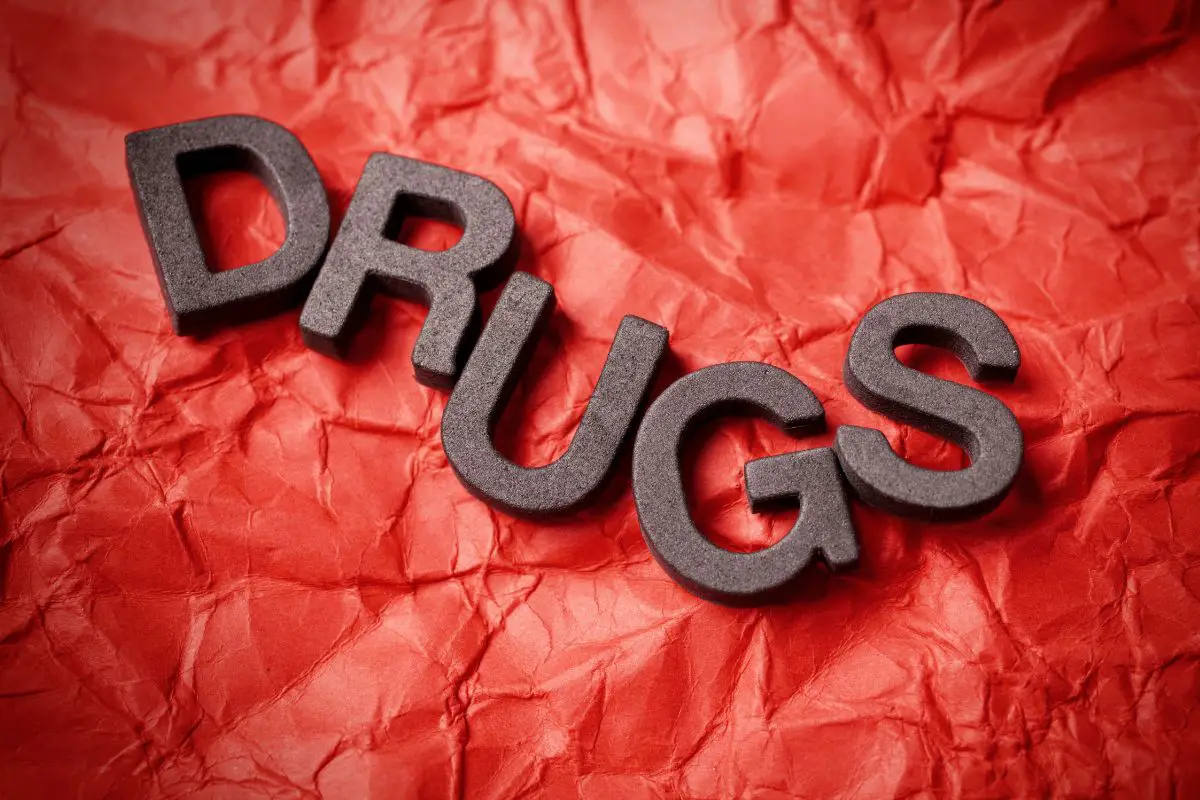Many coffee lovers drink coffee to combat drowsiness and fatigue. That is why many coffee lovers start their day with a morning cup of coffee. However, excessive consumption of coffee often leads to addiction. Also, it causes withdrawal symptoms among addicts who suddenly try to stop drinking it. As a result, coffee is considered a drug. What kind of a drug is coffee? Read on to find out.

What Class of Drugs is Coffee?
Coffee contains caffeine as its main active ingredient. Caffeine is a central nervous system (CNS) stimulant. It is classified under the methylxanthine class of stimulants. Research shows that coffee is the most widely consumed psychoactive stimulant in the world.
Caffeine is a naturally occurring stimulant. It is mainly found in coffee beans. It is also found in smaller amounts in cacao beans and tea. It is added to most energy drinks and soda.
Caffeine is approved by the FDA for treating apnea of prematurity. It is also approved for preventing and treating bronchopulmonary dysplasia, which is a chronic lung condition that affects newborns, especially premature infants.
There are several non-approved uses of caffeine such as treating headaches, migraines, and headaches, enhancing athletic performance, decreasing mortality, treating depression, and managing neurocognitive declines such as Parkinson’s and Alzheimer’s diseases.
Coffee’s Mode of Action
The high caffeine content in coffee makes it have huge effects on the human body. Caffeine mainly works by blocking adenosine receptors in the brain. Adenosine receptors are responsible for slowing down neural activity and promoting a feeling of sleepiness. When you drink coffee, the body metabolizes caffeine. Caffeine blocks adenosine receptors, thereby promoting wakefulness.
When you drink coffee, its caffeine content is absorbed very quickly. You may start experiencing its short-term effects about 5 to 30 minutes after its consumption. Some of these effects include increased heart and breathing rate, increased physical energy, and enhanced alertness.
After drinking coffee, it may take about 12 hours to fully leave your body. That means the effects of coffee can last up to 12 hours depending on the individual. Essentially, caffeine has a half-life of about 5 hours. It means that the caffeine content in your body reduces by about 50 percent after consuming coffee.
You may have a quarter of caffeine about 10 hours after consumption and about zero content after 12 hours. Pregnant women have a longer caffeine half-life of about 15 hours. Patients suffering from liver disease may also experience prolonged caffeine half-life.
If you consume too much coffee, you may experience some side effects of caffeine such as:
- Dehydration
- Increased body temperature
- Frequent urination
- Palpitations (rapid heartbeat)
- Sleeplessness
- Headaches and dizziness
- Excitability and restlessness
- Trembling hands
- More tiredness after a quick energy boost
- Irritability and anxiety
Caffeine Addiction and Withdrawal
Some people build up tolerance to caffeine. When this happens, you do not feel its effects until you drink more coffee. Over time, you may develop a psychological and physical dependence on caffeine for proper functioning.
If you are addicted to caffeine and stop consuming it all of a sudden, you may experience caffeine withdrawal symptoms such as:
- Sweating
- Crankiness
- Anxiety
- Persistent headache
- Fatigue
- Muscle pain
Caffeine withdrawal symptoms often start about 12 to 24 hours after stopping consumption. These symptoms may be felt up to a week after stopping caffeine consumption.
The best way to break your caffeine dependence is to reduce your daily coffee consumption gradually. That way, your nervous system will have sufficient time to adapt to normal functioning without consuming the drug.
Who Should not Drink Coffee?
So what kind of a drug is coffee? By now, you know that coffee is a stimulant due to its caffeine content. As a drug, there are certain groups of people who should be careful about drinking coffee and other beverages that contain caffeine.
For instance, there are no guidelines on caffeine intake for children. Thus, you should avoid giving coffee to children. In case they consume it without your knowledge, watch out for symptoms of interrupted sleep, irritability, or stomach upset.
Also, pregnant women should avoid coffee. If they must drink it, they should limit the intake to a maximum of 2 cups per day, which is equivalent to 200mg of caffeine. High caffeine levels in the body of a pregnant woman may increase the risk of miscarriage, difficult birth, or low birth weight.